Francis Boyle is an international lawyer and Professor of International Law at the University of Illinois College of Law. On behalf of Bosnia and Herzegovina, Boyle successfully initiated proceedings in 1993 against the former Yugoslavia at the International Court of Justice (ICJ) for its violations of the 1948 Genocide Convention. Boyle discusses South Africa’s recent request for an interim measure from the ICJ to halt Israel’s alleged violations under the 1948 Genocide Convention. He explains the merits of the case, the likelihood of the ICJ ruling in favor of South Africa, and the legal implications for both Israel and the United States.
Talia Baroncelli
Hi, I’m Talia Baroncelli, and you’re watching theAnalysis.news. I’ll shortly be joined by international lawyer Francis Boyle to speak about South Africa’s recent filing before the International Court of Justice, charging Israel with committing genocide in the Gaza Strip.
If you’d like to support the work that we do, you can do so by going to our website, theAnalysis.news, hitting the donate button at the top right corner of the screen. If you want to stay up to date with all of our content and shows, you can get onto our mailing list. Also, like and subscribe to our show on YouTube as well as on Spotify and Apple if you listen to your podcast there. See you in a bit with Francis Boyle.
Joining me now is Professor Francis Boyle. He’s a renowned international lawyer and professor of international law at the University of Illinois College of Law. He has years of experience working on cases of genocide and crimes against humanity and successfully applied the Genocide Convention against the former Yugoslavia for its genocide of Bosnians in Prijedor and Srebrenica. Thank you so much for making time and joining me today, Professor Boyle.
Francis Boyle
Well, thank you very much for having me on, and my best to your audience. Yes, just for the purpose of this discussion, I want to make it clear that on April 8, 1993, I won a massive, overwhelming order for the Republic of Bosnia Herzegovina against Yugoslavia to cease and desist from committing all acts of genocide against the Bosnians. This was the first judgment ever won by the World Court on the basis of the Genocide Convention.
On September 13, 1993, I won a second massive overwhelming order for the Republic of Bosnia Herzegovina against Yugoslavia to cease and desist from committing all acts of genocide against the Bosnians.
Previously, on August 8, I had won what is known as a second-level world court order from the President of the Court, exercising the powers of the Court to the same effect. This is the first time ever that one lawyer or government has won two orders in one case since the World Court was founded in 1921. Then you add in the secondary order as well. I had three orders there on genocide.
Talia Baroncelli
That’s very impressive. I’ll ask you a bit more about that later, especially with regards to Slobodan Milošević because I believe you were also involved in cases against him. I don’t know if that was the same case.
Francis Boyle
Well, that is correct. I guess that is important here, too, because I was the lawyer for the Muslims of Srebrenica and Prijedor, the women who survived the massacre at Srebrenica. I convinced the prosecutor for the International Criminal Tribunal for the former Yugoslavia to indict the Yugoslav President for almost every crime in the ICTY statute, including two counts of genocide, one for genocide against Bosnia in general and the second for genocide against Srebrenica in particular. He was put on trial in The Hague. At the close of the prosecution’s case, he filed a motion to dismiss all charges. The tribunal rejected and denied that motion on the grounds that the prosecutor had produced enough evidence to convict him beyond a reasonable doubt on all charges, including the two counts of genocide, and therefore, he should proceed with his defense, whereupon he died. There was no final judgment against him.
Talia Baroncelli
We’ll discuss the Bosnian case of genocide, but why don’t we turn to South Africa’s recent filing before the International Court of Justice? South Africa filed an interim measure or a cease and desist order charging Israel with violating its obligations under the 1948 Genocide Convention, to which it is a signatory. The 84-page document, which was submitted by South Africa, a very impressive document, states, and I’ll just read a quick section of it:
“The acts and omissions by Israel complained of by South Africa are genocidal in character because they are intended to bring about the destruction of a substantial part of the Palestinian national, racial, and ethnical group; that being a part of the Palestinian group in the Gaza Strip. The acts in question include killing Palestinians in Gaza, causing them serious bodily harm and mental harm, inflicting on them conditions of life calculated to bring about their physical destruction.”
In response to this, Israel has called the charges blood libel. They’ve said that the charges are baseless. Of course, the U.S. has responded similarly. Admiral John Kirby from the National Security Council has said that the case is completely meritless and counterproductive, as if he’s a judge, jury, and executioner all in one person. Of course, he’s not. He’s not a court. How do you assess this particular case on its merit? Do you think that the merits of the case will lead it to be successful?
Francis Boyle
Yes, their application request for provisional measures of protection was about the same length as mine— 90 pages or something like that. Based on my knowledge, judgment, and experience in winning these three orders, I predict South Africa will win a temporary restraining order and preliminary injunction against Israel to cease and desist from committing all acts of genocide against the Palestinians. Yes, I’ve been through this before. In fact, the South African government papers are a lot better than mine.
You see, in my case, I was handling this matter pro bono publico, eating my own expenses, and I was the only lawyer on the case. You have to understand that I put together all those documents by myself and within a week. Whereas here, in the case of South Africa, you have an entire team of first-rate international lawyers who have put these documents together. If I could win with my documents, they could certainly win, and they will win with their documents that are a lot better than mine.
Talia Baroncelli
Well, what would you say are the main elements of committing genocide? We saw the genocide, for example, in Rwanda, and unfortunately, before the international community acted, the genocide had already taken place. This is quite the opposite, it seems. If genocide is taking place, it seems like it is currently taking place and that it’s ongoing. Maybe you can explain what the elements of that are.
Francis Boyle
Yes. In the case of the Bosnians, the genocide was ongoing. You could watch it on CNN Live every day. Here, there would be two main elements of the application of the request. The first is the specific intent to commit genocide. If you read the application and request, you will see that the South African legal team has compiled all the genocidal statements made by Israeli government officials and pleaded it against them. I did the exact same thing for Bosnia. I took all the genocidal statements made by Yugoslav officials, including Milošević, and filed them and pleaded them with the World Court. These are basically admissions against interest. They bind the government. I think the case is there and established.
Indeed, I believe since December 29, you now have an Israeli official saying that Gaza should be reduced to Auschwitz. Well, we all know what happened at Auschwitz. Two million human beings were exterminated. Many of them were Jews. We see a Nazi mentality here at work on the part of Israeli officials. I argue the same thing with respect to the Yugoslav officials, a Nazi mentality. We have to understand that the Genocide Convention originated out of the Nazi Holocaust against the Jews.
Second, acts of genocide. Here, If you read the application, you will see they have four different counts against Israel under Article II of the Genocide Convention. (A) Killing members of the group. Well, right now, if you count all the dead Palestinians under the rubble, we’re approaching probably 30,000. But even if you take the Gaza Health Ministry, 22,000. Well, the World Court ruled in the final judgment in the Bosnian case that even 7,000 dead Bosnian Muslim boys and men at Srebrenica were enough to constitute genocide. Remember, I got Milošević indicted for that. Here, we’re dealing with three to four multiples of the dead at Srebrenica that have already been determined to be genocide.
Second (B), causing serious bodily or mental harm to members of the group. As for bodily harm, the last figure I saw, maybe 40,000 physically wounded Palestinians. Mental harm, well, just turn on any of the even Zionist-dominated news media, and you can see the pain and the suffering of the Palestinians there. I should point out all the American news media are Zionist-dominated and controlled— the anchors, the owners, the funders, the pundits, the commentators, etc. The same is true for the BBC. But even that, the pain and anguish of the Palestinians come through.
Third (C), deliberately inflicting on the group conditions of life calculated to bring about its physical destruction in whole or in part. Well, we have the Israeli Minister, which, by the way, South Africa has put in there, saying that there will be no food, no water, no fuel, no medical supplies, no nothing in Gaza. Now, we have this recent statement that Gaza should be reduced to Auschwitz. They have a hell of a compelling case there.
The fourth count is imposing measures intended to prevent births within the group. Yes, here we have tens of thousands of pregnant Palestinian women giving birth to children. There are no hospitals around to assist them and care for them and their babies. Ambulances to get them to hospitals have been destroyed. We have a minimum of 4,000 dead Palestinian children, perhaps up to 5,000. I don’t have the exact figure now.
I argued the same thing for the Bosnians, that the mass rape of the Bosnian women, they were all my clients, 40,000 raped women, were measures intended to prevent births within the group in the sense that a Bosnian Serb male who raped a Bosnian Muslim woman, under South Slavic custom and law, that baby is considered to be Serb and not Muslim. I’ve argued that and won that at the World Court.
If you add up the facts and the intent, the specific intent, that explains my conclusion that South Africa will win this order. The hearing is next Thursday and Friday. I suspect the order will come down within about a week to 10 days.
In the Bosnia case, I argued the case on April 1 and 2; I won my order equally. So, I believe there will be expeditions in the production of this order.
Talia Baroncelli
Well, usually, it’s really difficult to prove a genocide case because you have to prove that there’s actually genocidal intent, so intent to commit acts of genocide. But the South African filing has six pages worth of Israeli officials openly calling for the ethnic cleansing of Palestinians from the Gaza Strip for the destruction of their livelihoods and destruction of civilian infrastructure, saying that they’ll turn Gaza into a parking lot. The one statement you were referring to saying that they wanted to turn Gaza into Auschwitz was, I believe, made by a local mayor in the north of Israel. But of course, [Itamar] Ben-Gvir, the Minister of National Security, as well as Bezalel Smotrich, the Finance Minister, have made all sorts of comments openly, not just in Israeli media in Hebrew, but also in English-speaking media, and then making posts online on Twitter. Ben-Givir recently said that he wanted to ensure that Palestinians would emigrate from the Gaza Strip, and Matt Miller from the State Department said that these statements were completely uncalled for. There was an exchange there online, and Matt Miller said, well, what he’s saying, what Ben-Givir is saying, is actually in contradiction of Israeli government policy, which doesn’t really make any sense given that Ben-Givir is a member of the Israeli government, the ruling government right now. So that doesn’t really fly or make any sense.
Given that if this particular case is successful and that the ICJ is able to perhaps lead to or call upon a cease-fire, how would this particular case implicate the United States, given that they’ve been providing weapons and aid to Israel?
Francis Boyle
Yes. If you look at the Genocide Convention, Article III (e) criminalizes complicity in genocide. The United States government is a party to the Genocide Convention. It is clear the United States has violated Article III (e), complicity in genocide, aiding and abetting Israel’s genocide against the Palestinians. As you know, we’ve provided them with all the weapons, equipment, supplies, funding, and political support at the Security Council’s vetoes, threatening vetoes, etc. Second, we have here in the United States what is known as the United States Genocide Implementation Act, which also makes this [inaudible 00:17:12]. This has led my friends at the Center for Constitutional Rights and the National Lawyers’ Guild to file a lawsuit in federal Court out in the Bay Area against [Joe] Biden, [Antony] Blinken, and [Lloyd] Austin for aiding and abetting Israeli genocide against the Palestinians in violation of both the Genocide Convention and the Genocide Convention Implementation Act. That case is now proceeding in Court. I’m not involved in it, but of course, I follow it. This World Court order finding cease and desist against Israel will help in those proceedings, yes.
Talia Baroncelli
Well, are you worried at all that the President of the International Court of Justice, Joan E. Donoghue, is a former U.S. State Department official and that she might, in some way, shape the proceedings in Israel’s favor?
Francis Boyle
Yes, of course. She’s a career-long State Department apparatchik and legal hatchet person. I won’t go through the history here, but that’s how and why she was put in the Court in the first place— to do work for the United States government. I am sure that since this lawsuit was filed, she’s been in communication with the United States government about the backroom maneuvers and everything else going on there at the World Court and is using her powers as President of the Court to at least shape the proceedings.
The President I dealt with, [Robert] Jennings from Britain, did what he could to sabotage my lawsuit. He was working in cahoots with the British government. He used to be a British government lawyer.
So, yes, she won’t be able to stop it or sabotage it, I think, but she’s certainly going to try to shape it in favor of Israel, working in cahoots with the United States government, yes. I suspect her opinion, when it comes out, will basically track whatever the Israelis are saying, whatever the State Department’s position is.
This happened in the Nicaragua case where the American Judge, [Stephen M.] Schwebel, was just like Donoghue, a career-long State Department, apparatchik, and legal hatchet person, put on there for that reason. All of his opinions of the Nicaragua case were basically written by the State Department. The difference at that time, Schwebel was not the President of the Court. So yes, this is a problem.
The Republic of South Africa just nominated a judge ad hoc, a very distinguished jurist, and he can participate in the activities here as a full-fledged judge. I certainly hope that he will do the best he can against Donoghue, yes.
Talia Baroncelli
Well, both Israel and the United States are signatories to the 1948 Genocide Convention; there are 153 signatories. What would you say are the actual real concrete ramifications of South Africa’s case being successful? Would this lead potentially to a ceasefire, or what would the legal ramifications or repercussions of that be?
Francis Boyle
South Africa has asked for a ceasefire. I think they’ll get it. But to give you an idea, after I won my massive, overwhelming order for the Bosnians on April 8, 1993, I walked out of the Grand Courtroom for the Court at the Peace Palace in The Hague. There’s a foyer out there, and the whole world news media was there. I was holding my order in front of the news media at all times, right in front of them. I said, “Look, here the World Court has just determined that genocide is going on. They’ve issued a cease and desist order against Yugoslavia. They obviously are not going to cease and desist under Article I of the Genocide Convention. Every party to the Genocide Convention has an obligation to prevent and stop the Yugo genocide against the Bosnians. Therefore, I am calling for direct military intervention by all parties to the Genocide Convention to save the Bosnians from the Yugo genocide.”
A few hours later, it was announced in Washington, DC, and NATO headquarters in Brussels that the United States and NATO were instituting an air interdiction zone over Bosnia, that they would shoot down any Yugo jets, airplanes, helicopters, whatever. The Yugos could no longer exterminate the Bosnians from the sky.
There could be quite severe consequences for Israel. Second, South Africa, then, when it wins the order, will take it to the Security Council for Enforcement. That is the way the United Nations Charter sets it up. It’s like any other court. You go in a court, you win a judgment. The judges don’t enforce the judgment. You take it to the Sheriff. Out of the UN Charter, the Sheriff is the Security Council.
Right now, it seems to me that the United States government would veto any enforcement measure by the Security Council against Israel. This exact same thing happened in the Nicaragua case. Nicaragua took its order against the United States, the Security Council. The U.S. vetoed any action on this basis. This time, it is different in that South Africa then can take this order in the event of a veto to the UN General Assembly for enforcement there. The consequences for Israel could be quite severe. Let me run through them.
First, the UN General Assembly could suspend Israel from participating in its activities. The General Assembly did the exact same thing to the criminal apartheid regime in South Africa and the genocidal Yugoslavia, my former adversary.
Second, the UN General Assembly can admit Palestine as a full-fledged UN member state. Right now, Palestine is recognized de jure by 139 states as a state and has observer-state status in the United Nations along the lines that Switzerland had before it became a full-fledged UN member state. If Palestine were to become a full-fledged UN member state, historically, no UN member state has ever been destroyed. Two have collapsed, Yugoslavia and the Soviet Union, but they’ve never been destroyed. It’s clear Israel and the Zionists want to destroy Palestine and inflict a second Nekba on the Palestinians. If they get UN membership, the UN would be obliged to keep them alive.
In the Bosnian case, they tried, the UN and the European Union tried to steal Bosnia’s membership in the UN to destroy them. I stopped that myself. It never happened. Bosnia is still there today despite 200,000 dead Bosnians, three-quarters of the country overrun by genocidal maniacs, and 40,000 raped Bosnian women. Bosnia is still there. It’s still a UN member state.
Third, the UN General Assembly can create an international criminal tribunal for Israel along the lines of the International Criminal Tribunal for Yugoslavia under its powers of Article 22 of the UN Charter as a subsidiary organ. I started an initiative to that effect in the UN General Assembly. It was supported and sponsored by Malaysia, Iran, and large numbers of Arab and Muslim states. It was sabotaged by the usual suspects at that time. I would hope if South Africa wins this order, they will revisit my initiative for an international criminal tribunal for Israel. If that is set up, they can start prosecuting the highest-level officials of the Israeli government and military for war crimes, crimes against humanity, and genocide.
Finally, the economic sanctions can be recommended by the General Assembly to the member states under the Uniting for Peace Resolution. If you’re following it today, as you know, North Korea suffers from terrible economic sanctions. I don’t support that, but those sanctions are still in effect today. In 2024, go back to a Uniting for Peace Resolution adopted by the UN General Assembly, imposing those sanctions. So, sanctions can be quite effective.
What South Africa does with its order is for the Republic of South Africa. I do not advise that government. I did pro bono work for the ANC during the struggle against the criminal apartheid regime, but my contacts there in the government are gone. That was a while ago. But I have advised the Palestinians of all these measures that could be taken on their behalf by South Africa. So they’re fully aware of these consequences for Israel. What they work out, South Africa and Palestine and a two-thirds vote in the General Assembly, I really don’t know. Understand they’re dealing with the 800-pound guerrilla of the world; that’s the United States. Then Israel, they’re up against Israel, very powerful, and all the Zionist forces in the world. It’s different from the situation that confronted me with the Bosnians. I had the entire world behind me when I was representing the Bosnians, except Yugoslavia and Russia, who supported them. Everyone else supported me. But here, the politics are quite different. South Africa and the Palestinians are up against the United States, Israel, Britain, several European states, and Zionist forces, media, everything else all over the world. It’s going to be a much more difficult battle than what confronted me.
Talia Baroncelli
I do have a follow-up question, though, going back to the ’90s and the NATO bombing, which, as you say, prevented… well, it didn’t prevent the genocide from taking place in Srebrenica, but perhaps it put an end to it. I’m not entirely sure.
Francis Boyle
Srebrenica led to the NATO bombing in Bosnia. Yes, the U.S., the Clinton administration, and the British were so appalled by the Srebrenica Massacre that it led to the bombing.
Talia Baroncelli
There are many reports that the UN wasn’t really heeding the warning signs and the calls for help from people in Srebrenica or surrounding that.
Francis Boyle
Well, the UN knew exactly what was going on. That is why I tried to get the highest-level officials, the United Nations, Boutros-Ghali, and Kofi Annan, indicted by the ICTY, but I wasn’t able to do that. I could get Slobodan Milošević indicted, but not the UN officials. No, the UN knew full well what was going on.
Talia Baroncelli
You did say that the NATO bombing was a, I guess, political outcome in a way of the determination that genocide was taking place, but it wasn’t necessarily inevitable. Was there anything that really by the international legal system and the UN system of bodies of law, was there anything there that could have been enforced to deal with the forces of Radovan Karadžić and the other Republika Srpska forces?
Francis Boyle
Well, that’s what happened. They were bombed under Article I of the Genocide Convention, the obligation to prevent genocide. The United States and all the NATO states were parties. In addition, the Bosnian President, acting pursuant to my advice, sent a formal request to President Clinton for military intervention. I drafted the letter under Article 51 of the UN Charter, Collective Self Defense in the Genocide Convention, and the World Court order that I won, and I faxed it to the White House and into the Situation Room at the State Department. There was a formal request under international law, under Article 51 of the Charter, under the Genocide Convention, and under my order that I won for such military intervention. Yes.
Talia Baroncelli
Just one final question, if you have time. The International Criminal Court is a separate court. It’s separate from the International Court of Justice as the International Court of Justice is the UN Court, whereas the International Criminal Court is a separate court, which was established in, I believe it was 2001. There have been cases brought to the ICC. There’s a case pending right now to look at crimes committed by Hamas as well as crimes committed by Israel in Gaza, but it seems like the prosecutor is dragging his feet. Why is that? Is that because Israel and the U.S. are not signatories to the Rome Statute, which governs the International Criminal Court?
Francis Boyle
You are perfectly correct. Back in 2009, right after the end of Israel’s so-called Operation Cast Lead against Gaza, I advised the Palestinian President, Mahmoud Abbas, to accept the jurisdiction of the International Criminal Court, which he did for Palestine. Since 2009, the International Criminal Court has not lifted one finger to help the Palestinians. Not one finger since 2009. That’s been 15 years. All the death and destruction and the blood of the Palestinians since 2009 are on the hands of the International Criminal Court. If they had started indicting Israeli leaders in 2009, maybe all this could have been prevented. That was my intention in advising President Abbas to accept their jurisdiction. The ICC is a rotten, corrupt, despicable organization. Again, they haven’t listed one finger to help the Palestinians and the 30,000 dead Palestinians, 40,000 wounded, and 4,000 to 5,000 dead children. It’s all on their hands. Every one of them.
Talia Baroncelli
Well, Professor Francis Boyle, it was great speaking to you. Let’s hope that South Africa will be successful. We’ll find out soon, I guess. I mean, the proceedings will be on January 11 and 12, and then I think you said that within a week, there will be a determination. So let’s hope that they’re successful and that something comes out of this. So many countries have called for a ceasefire. Numerous countries in the General Assembly, for example, 153, signed on to the resolution to call for a ceasefire. Unfortunately, that hasn’t brought anything because of the U.S. and Israel’s position. Let’s hope that this case, before the ICJ, will have a positive effect.
Francis Boyle
It will trigger the Genocide Convention and the obligation to prevent genocide. That was my intention in filing that lawsuit for the Bosnians, and it made all the difference.
Talia Baroncelli
Thank you so much, Professor Boyle. Thank you for watching theAnalysis.news. If you’d like to contribute to our show, you can do so by going to our website, theAnalysis.news, and hitting the donate button at the top right corner of the screen.
Podcast: Play in new window | Download | Embed
Subscribe Apple Podcasts | Spotify | Android | iHeartRadio | Blubrry | TuneIn | Deezer | RSS
Never miss another story
Subscribe to theAnalysis.news – Newsletter
Francis Anthony Boyle is an American human rights lawyer and professor of international law at the University of Illinois College of Law. He has served as counsel for Bosnia and Herzegovina and has supported the rights of Palestinians and indigenous peoples.
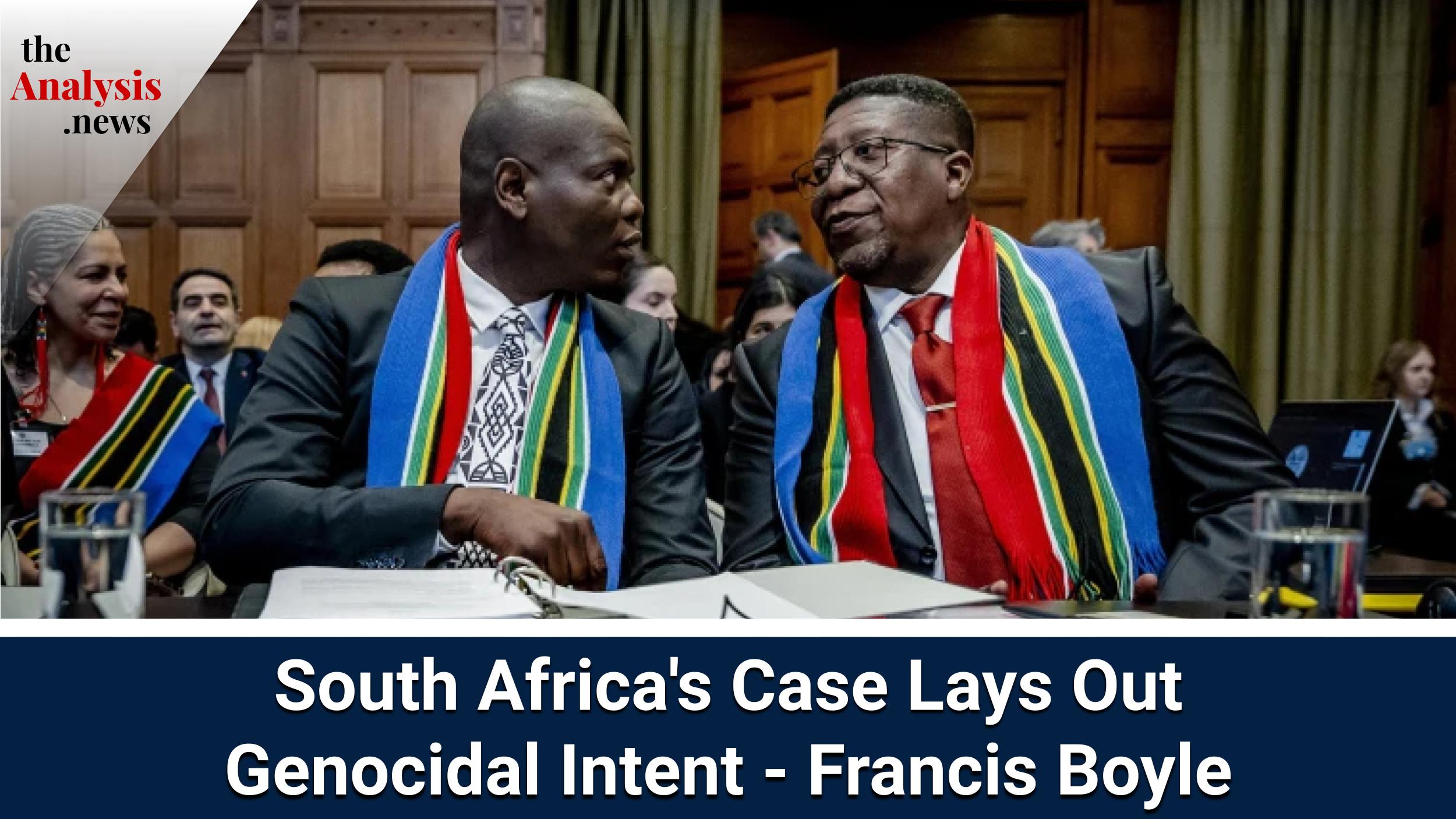
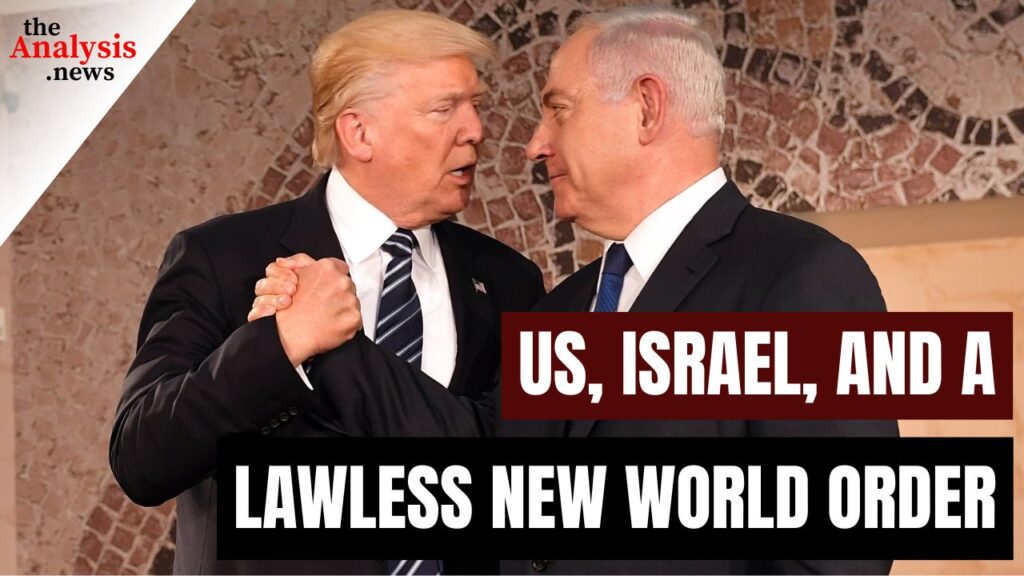
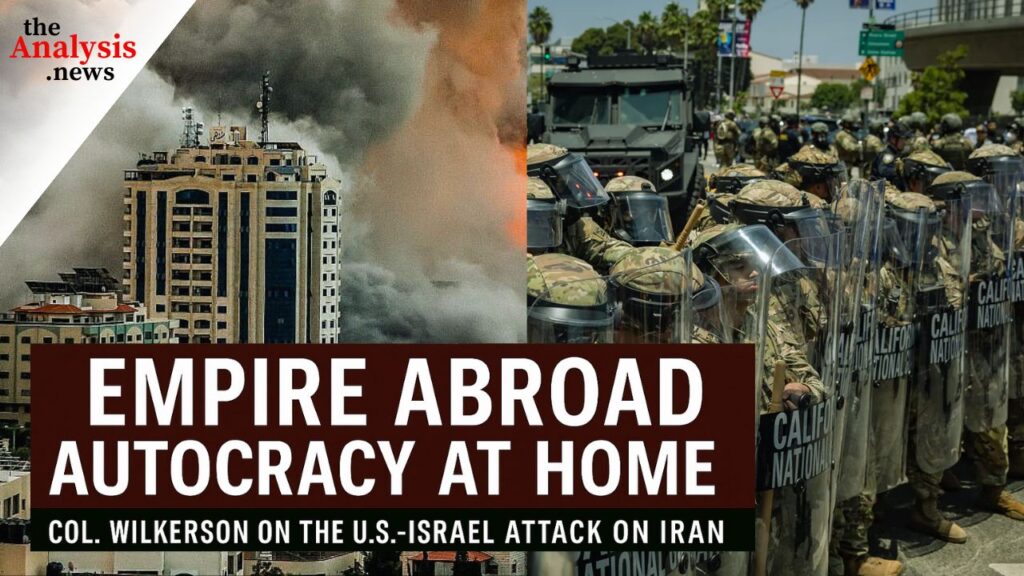
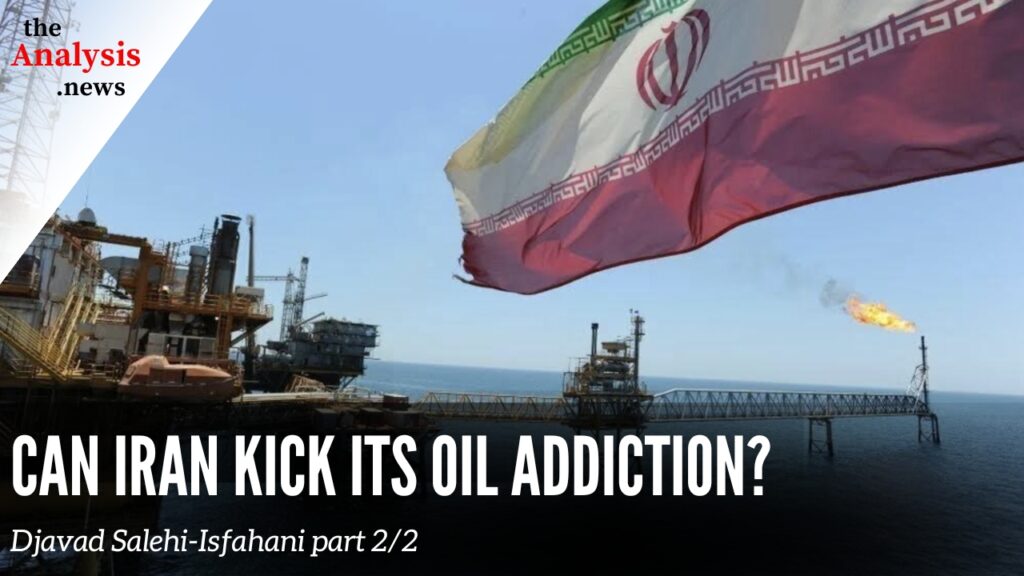
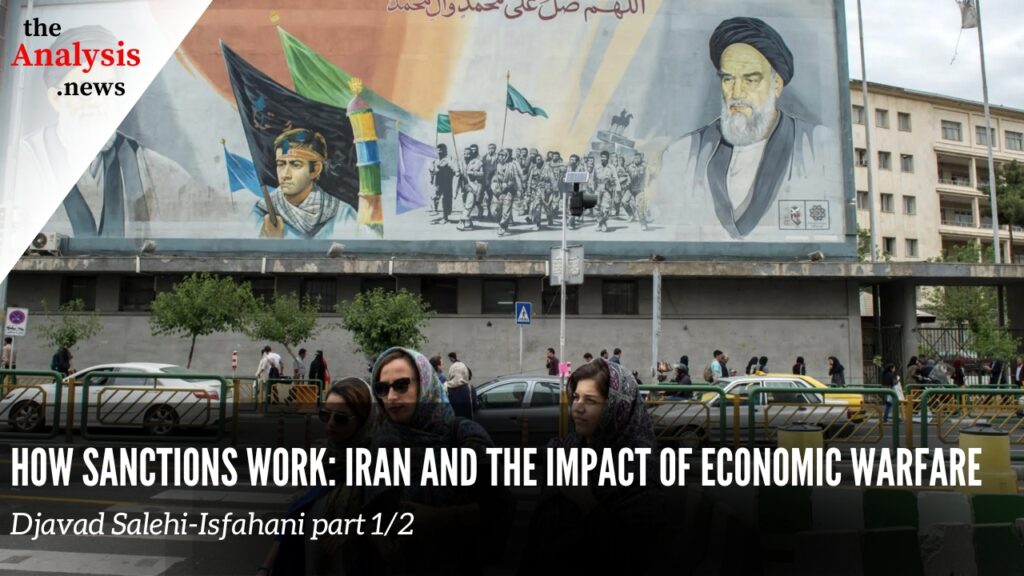
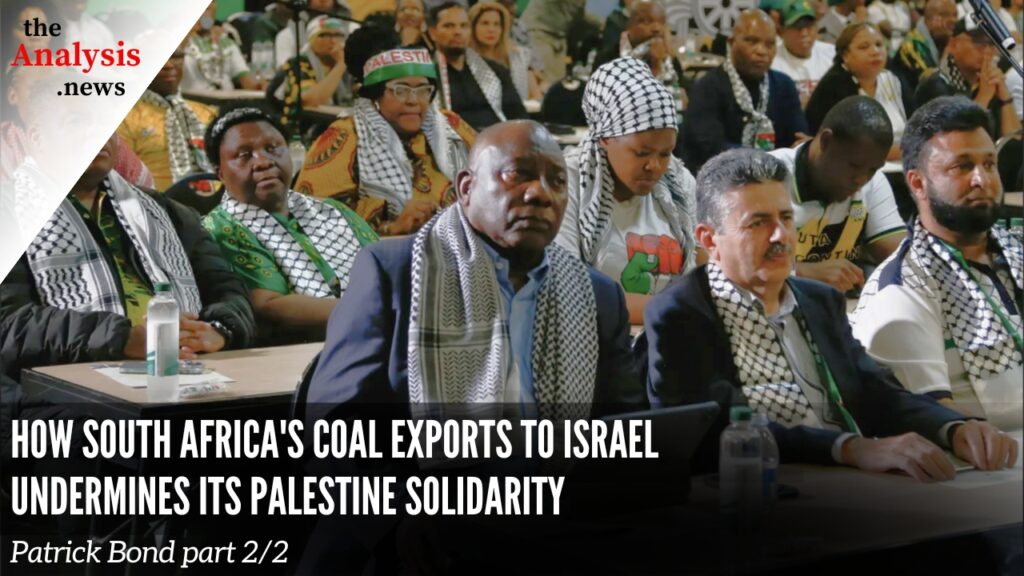
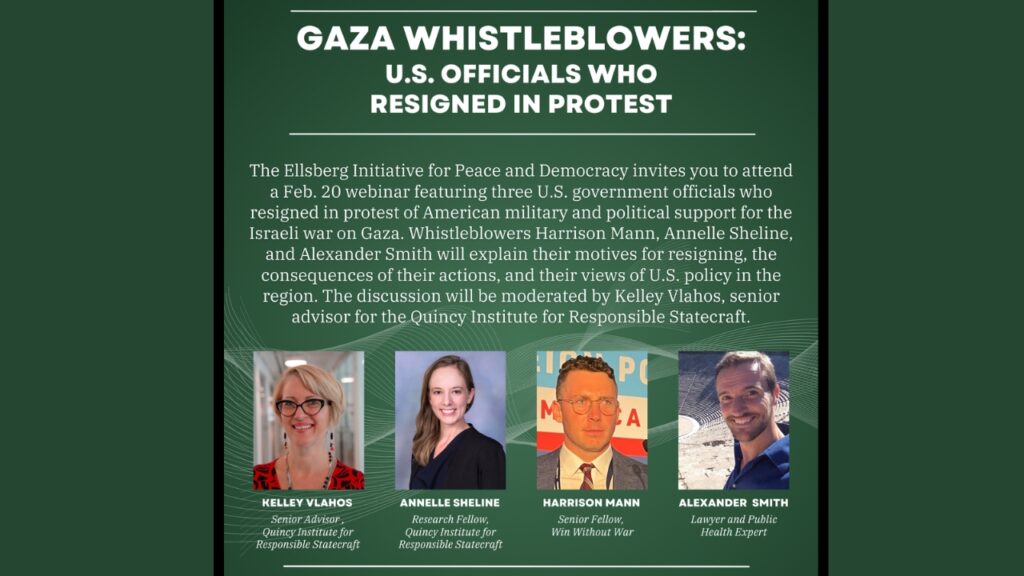







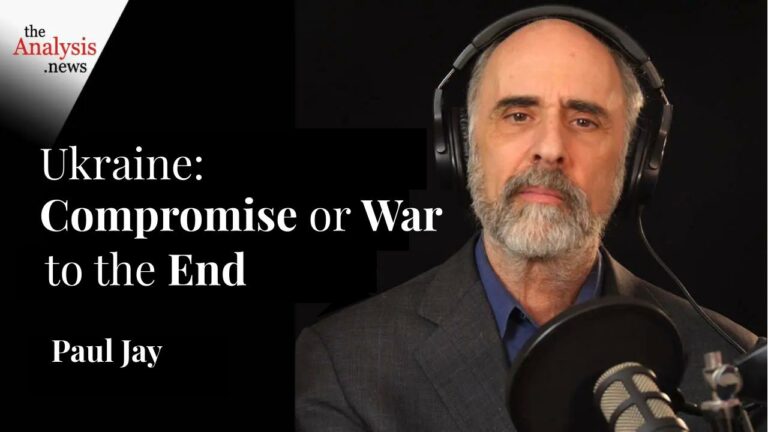
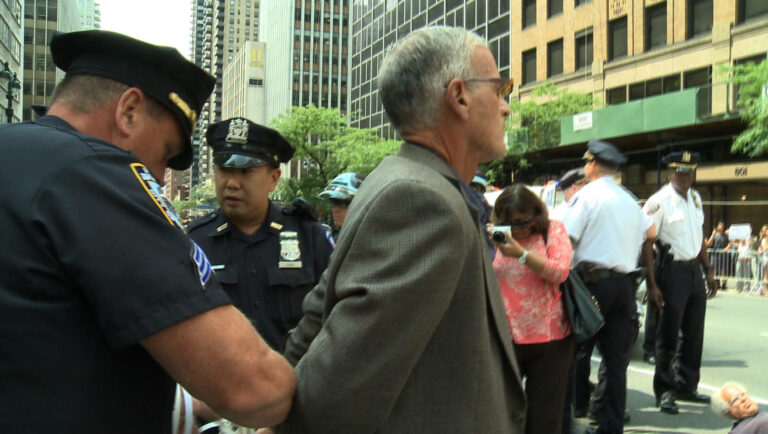
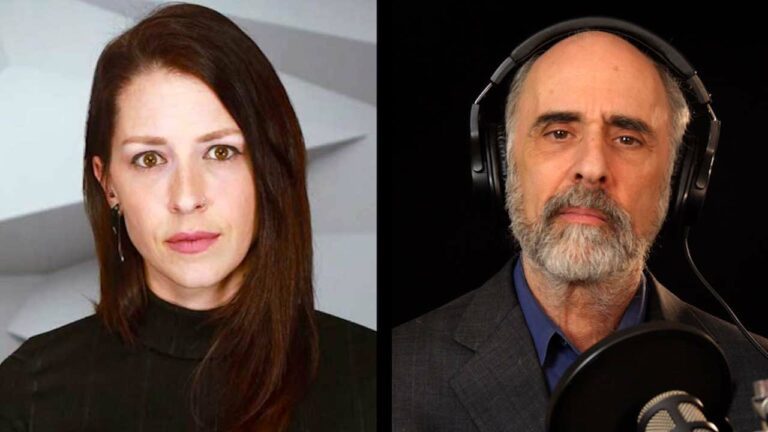
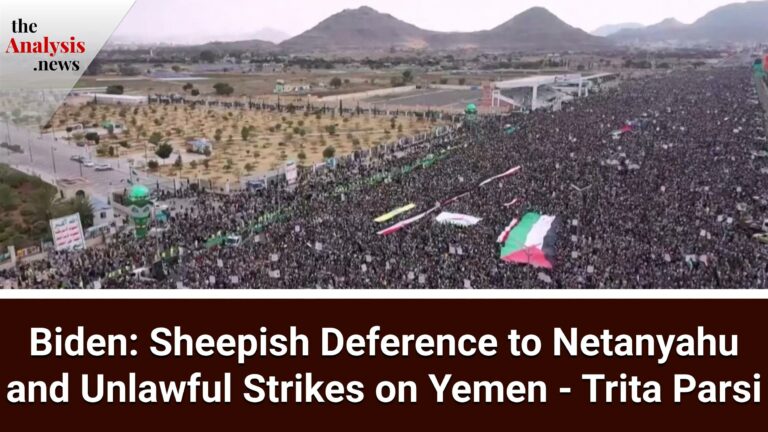

What if South Africa wins and Israel doesn’t stop?